I’m a Ph.D. candidate in the Department of Epidemiology at Erasmus University Medical Center (Erasmus MC).
My current research revolves around unraveling the causes and consequences of migraine in the general population. I investigate various aspects of this complex disorder, including its aetiology, clinical outcomes, and underlying neurobiological mechanisms. By conducting studies, analysing data, and publishing research papers, I aim to contribute to our understanding of migraine and its impact on individuals and healthcare systems.
I am thrilled to share my research findings and academic journey with you through this website.
Cevdet Acarsoy, MSc
Psychologist & Epidemiologist
psk.cevdet.acarsoy@gmail.com
Department of Epidemiology
Erasmus University Medical Center, Rotterdam
P.O. Box 2040, 3000 CA Rotterdam, The Netherlands.
Last update: 25 June 2023
My background
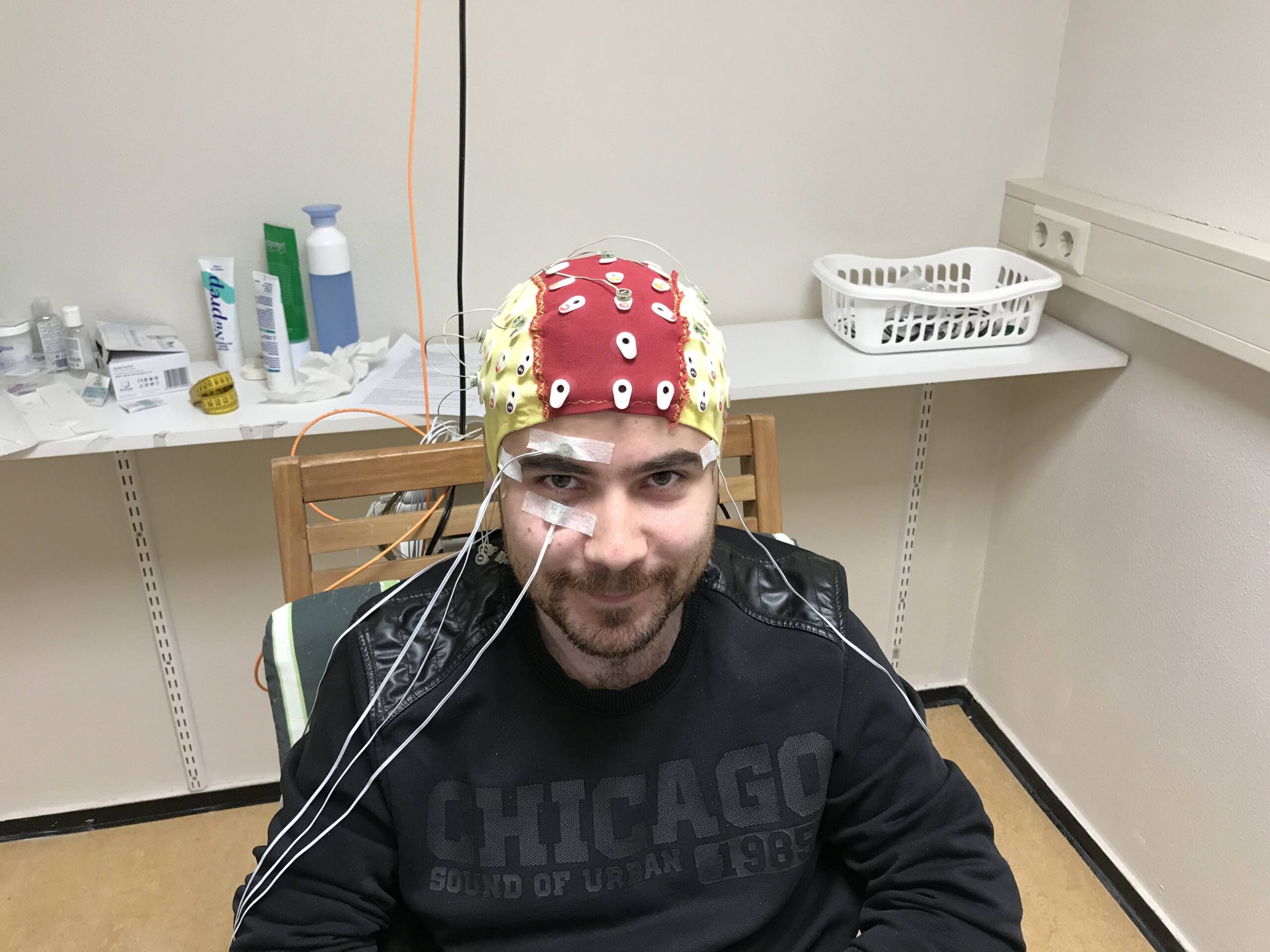
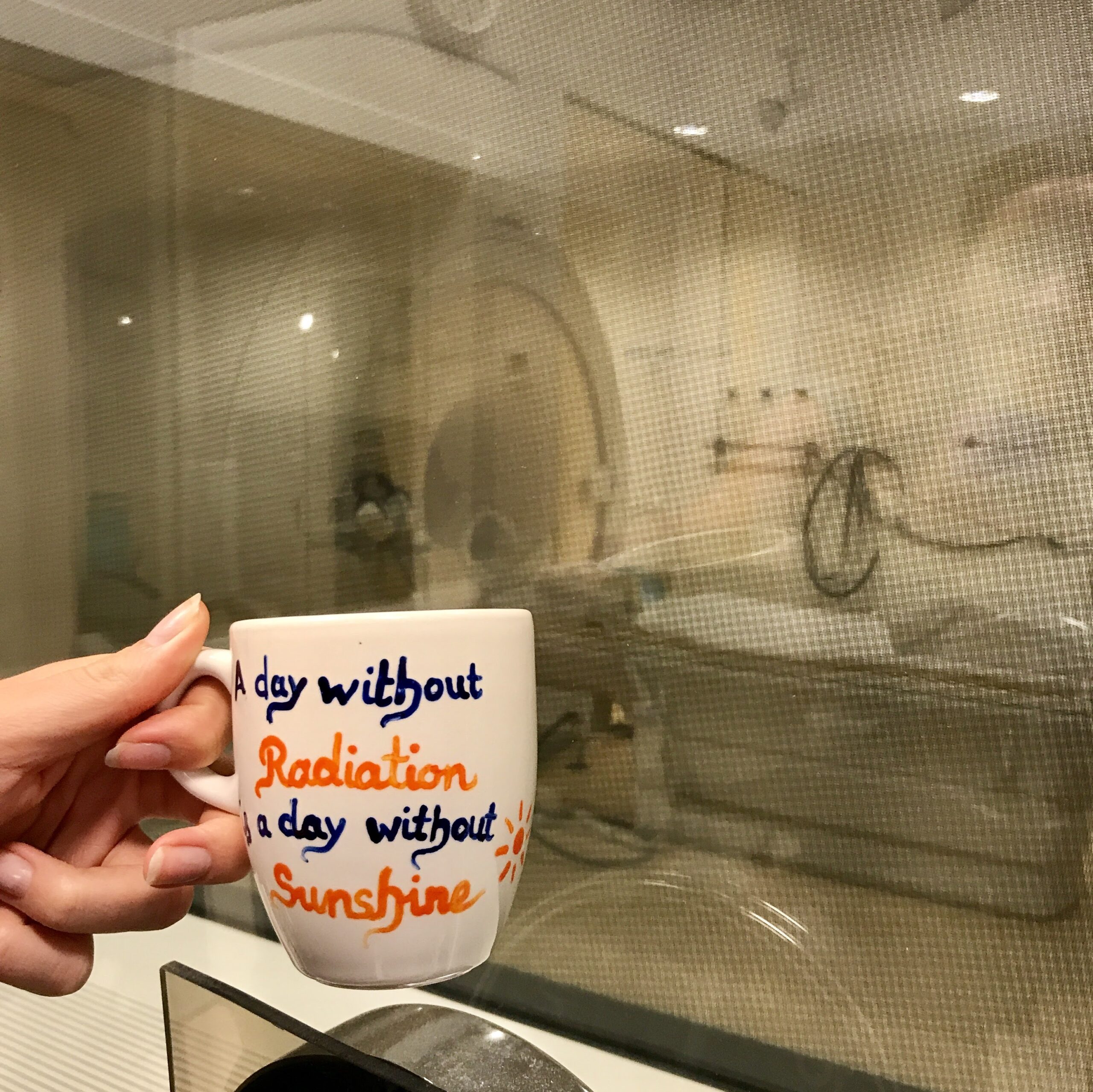
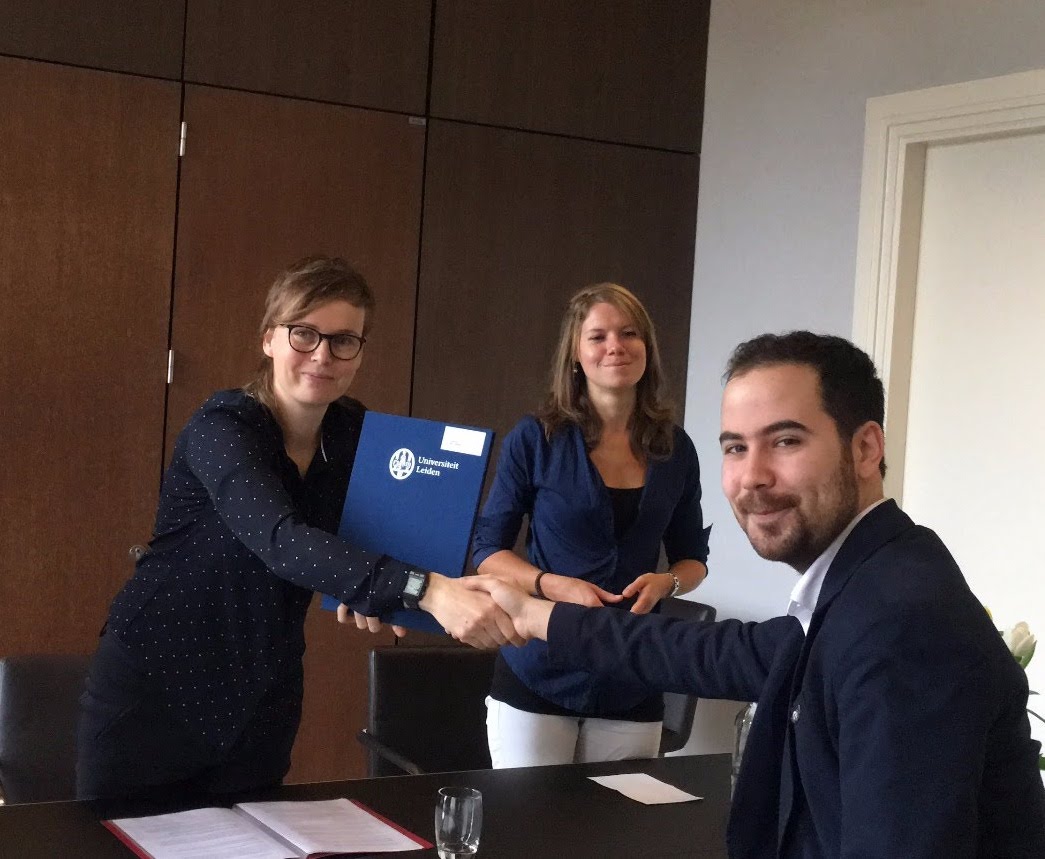
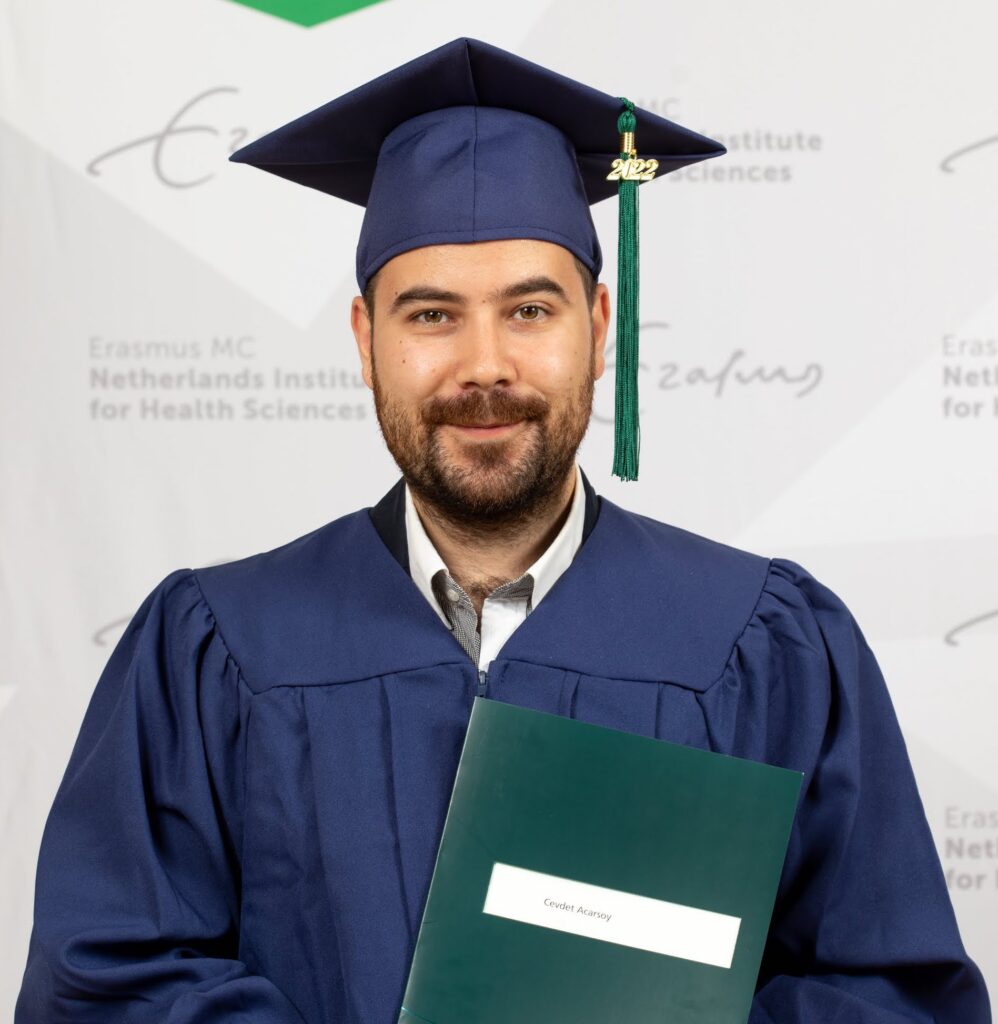
I am a researcher specialising in clinical psychology and epidemiology. My journey began at Leiden University, where I pursued my master’s degree in Clinical Psychology. During this time, I delved into cutting-edge research projects that utilised EEG and fMRI techniques to unravel the neuroscientific mechanisms underlying psychological disorders. With a strong focus on therapeutic skills and cognitive-behavioral interventions, I received comprehensive training in clinical assessment and treatment.
Building upon my master’s degree, I continued my research career at Leiden University’s psychology department. As a researcher in the Brain and Development Lab, I contributed to multiple fMRI studies. Alongside my research, I had the privilege of teaching various psychology courses as a workgroup instructor, nurturing the next generation of students.
Furthermore, I have extended my research interests to the field of epidemiology. Currently pursuing my PhD at Erasmus University Medical Center, I am actively involved in investigating the causes and consequences of migraine within the general population. Through study design, data analysis, and scientific publications, I strive to shed light on the risk factors, clinical implications, and neuroimaging aspects associated with this prevalent disorder.
My research

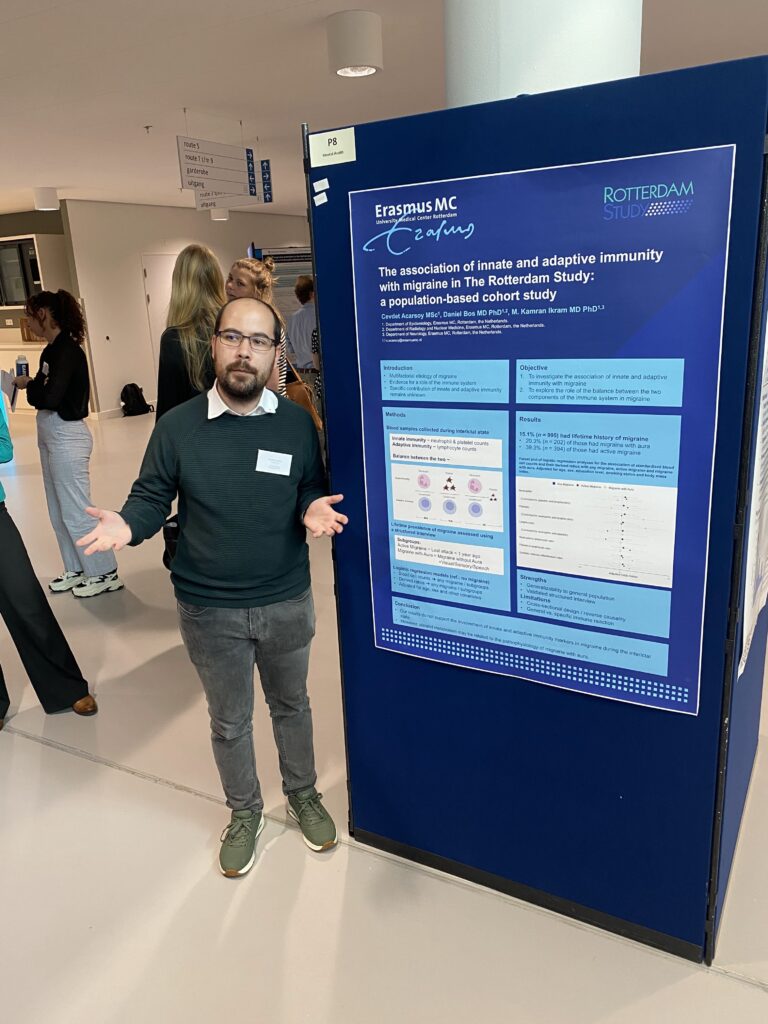
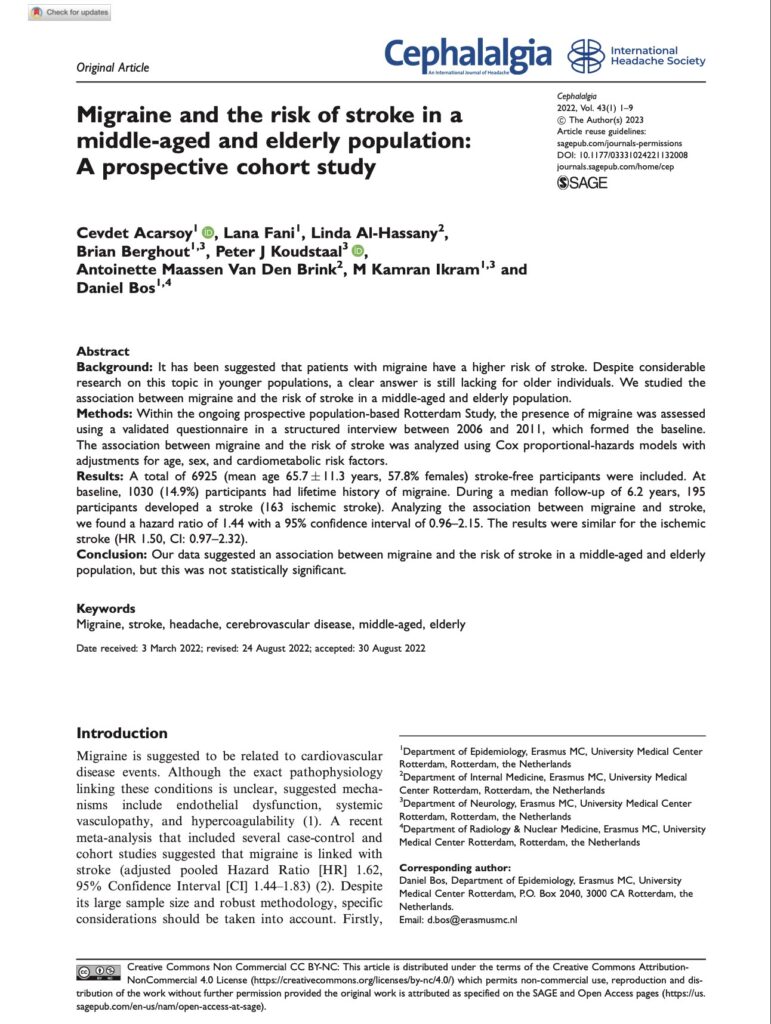
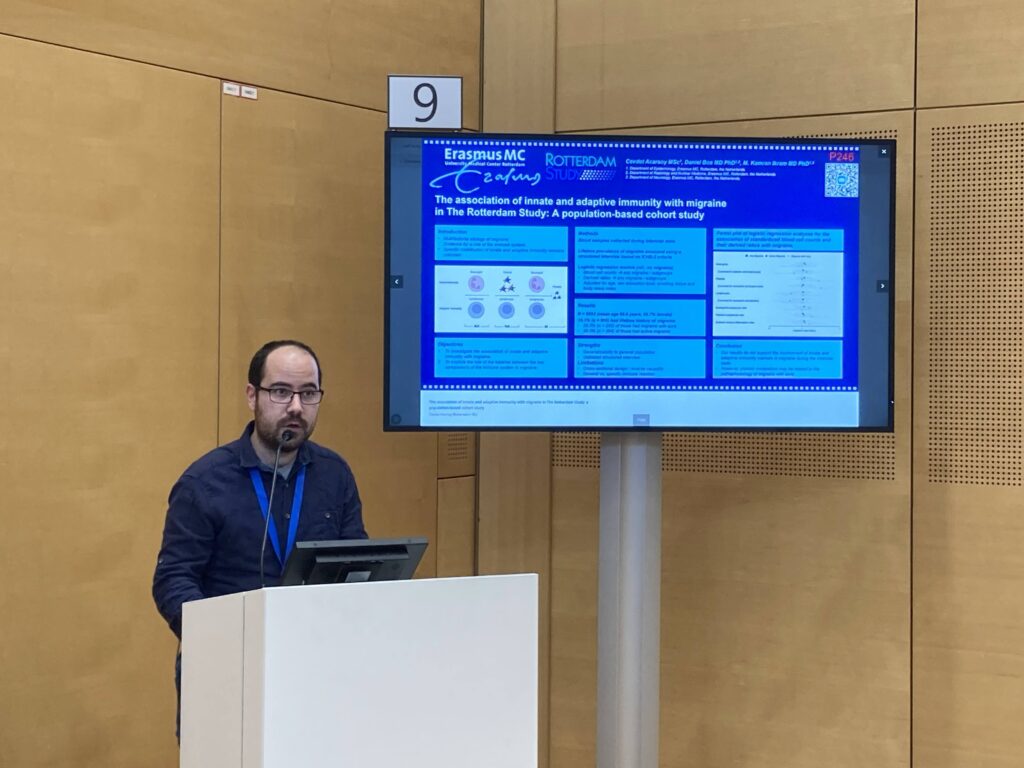
Migraine is a debilitating headache disorder characterized by severe throbbing pain or pulsating sensations, usually on one side of the head. It is often accompanied by symptoms such as nausea, vomiting, and extreme sensitivity to light and sound. Migraine attacks can last for hours to days and can significantly disrupt daily activities. Some individuals experience warning signs called auras, which can include visual disturbances and difficulties with speech. While the exact causes of migraines are not fully understood, genetic and environmental factors are believed to play a role. Triggers for migraines can vary and include hormonal changes, stress, sensory stimuli, sleep disturbances, physical exertion, weather changes, certain medications, and dietary factors. It is important to seek medical attention if migraines are severe, have sudden onset or are accompanied by additional symptoms. Taking painkillers too often can lead to medication-overuse headaches, emphasizing the importance of appropriate management strategies.
In my research, I aim to unravel the causes and consequences of migraine in the general population. Despite being one of the most prevalent and burdensome disorders encountered by healthcare systems worldwide, migraine remains a mysterious condition. My research focuses on investigating the risk factors associated with lifestyle, biomarkers, and neuroimaging that are relatively unexplored. Additionally, I seek to understand the clinical consequences of migraine, such as its potential links to stroke and dementia, which still remain elusive.
I utilize extensive data from the Rotterdam Study to gain insights into the intricate relationship between migraine and its effects on health. The Rotterdam Study is a comprehensive and ongoing prospective cohort study aimed at investigating the causes, preclinical phase, prognosis, and potential intervention targets of chronic diseases in mid- and late-life. Initiated in 1990, this study involves a large cohort of over 15,000 participants aged 45 years and above from the Ommoord district of Rotterdam, the Netherlands. The study conducts extensive assessments, including home interviews and visits to the research center, where risk factors are measured. Clinical outcomes are continuously monitored, and data on morbidity and mortality are collected from general practitioners’ practices and hospitals. With a vast collection of over 1,700 research articles and reports, the Rotterdam Study contributes invaluable insights into various chronic diseases, playing a pivotal role in advancing knowledge and understanding of these conditions and ultimately striving to improve health outcomes for individuals in mid- and late-life populations.
The participants are interviewed to determine their migraine status, including diagnoses of migraine with aura, active migraine, and probable migraine, with a random sample of 7,266 participants specifically assessed between 2006 and 2011. In collaboration with esteemed researchers, I have contributed to several impactful studies in this field.
One of our notable achievements is a prospective cohort study that explored the association between migraine and the risk of stroke in middle-aged and elderly individuals. Our findings, published in Cephalalgia, shed light on the relationship between stroke risk and migraine (Acarsoy et al., 2023).This study was also cited and praised in an editorial by Prof. Tobias Kurth and Dr. Jessica L. Rohmann.
We also delved into the intriguing connection between migraine and the immune system. Through our population-based Rotterdam Study, we unraveled compelling insights into the role of the immune system, particularly neuroinflammation, in migraine pathogenesis. Our forthcoming publication in BMC Neurology showcases the exciting results of this research (Acarsoy et al., submitted).
Furthermore, our investigations have extended to explore the potential link between migraine and dementia in the general population. Leveraging the vast dataset of the Rotterdam Study, we are currently preparing a manuscript for JAMA Neurology that highlights the unexpected association between migraine and the risk of dementia, providing crucial insights into the intersection of these two conditions (Acarsoy et al., in prep).
In parallel, we have focused on elucidating the impact of migraine on brain structure. By employing advanced neuroimaging techniques and leveraging the population-based Rotterdam Study, we aim to unravel the structural changes associated with migraine, contributing to a deeper understanding of this complex disorder (Acarsoy et al., in writing).
Additionally, we are investigating the association between cardiovascular risk factors and migraine, further elucidating the underlying mechanisms and potential shared pathways. This ongoing collaboration, conducted within the framework of the Rotterdam Study, holds promise in improving our understanding of the complex interplay between migraine and cardiovascular health (Al-Hassany et al., in prep).
Through these research endeavors, I strive to advance our knowledge of migraine, its impact on various health outcomes, and the underlying mechanisms involved. By employing rigorous methodologies and harnessing the power of large-scale population-based studies, I aim to contribute to the development of effective prevention, treatment, and management strategies for individuals affected by this prevalent and burdensome disorder.
